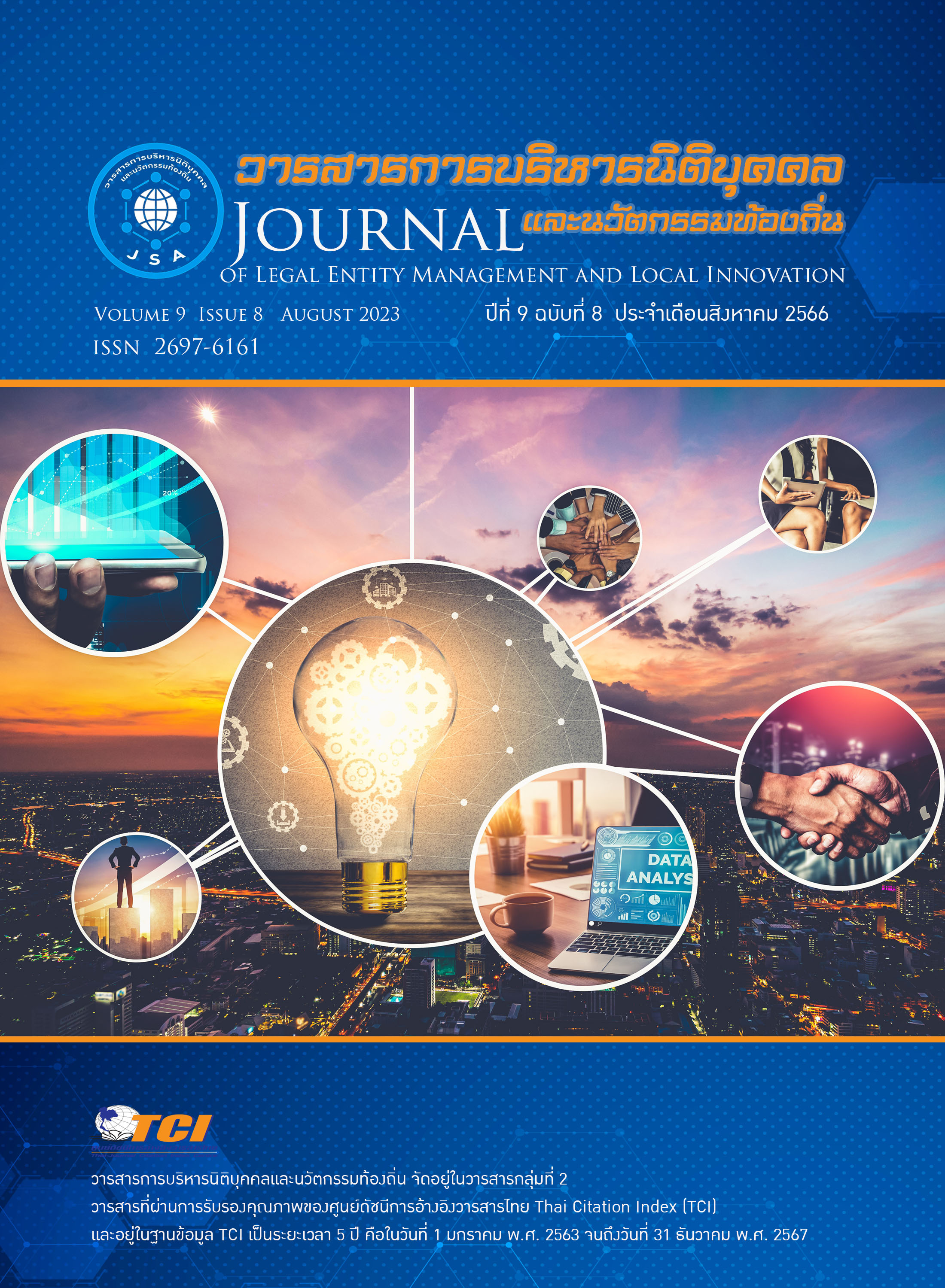Guidelines for the Development of Sustainable Human Resource Management in Non-Governmental Organizations (Social Enterprises) in Tak Province
Keywords:
Human Resource Management, Non-Governmental Organizations, Social EnterprisesAbstract
This research aims to provide a descriptive analysis of the level of opinions regarding human resource management and sustainable development in non-governmental organizations (social enterprises) in Tak Province. The objective is to compare these opinions based on personal factors and identify sustainable human resource management guidelines for social enterprises in Tak Province. The study population consisted of social enterprise personnel in Tak Province, and a non-probabilistic sampling method using random sampling was employed to select a quota sample of 250 individuals. Questionnaires were used as checklists, employing a 5-level estimation scale. Quantitative data analysis included descriptive statistics, frequency, percentage, mean, standard deviation, as well as test statistics such as t-value and one-way variance. The findings revealed that the overall level of opinions on human resource management and sustainable development was high. The study also demonstrated that different races among the respondents had varying effects on human resource management in social enterprises, specifically in the recruitment process, compensation management process, and performance appraisal process. On the other hand, the data classified by gender, age, and positions did not show any statistically significant differences in their impact on human resource management in social enterprises in Tak Province, at a significance level of 0.05.


